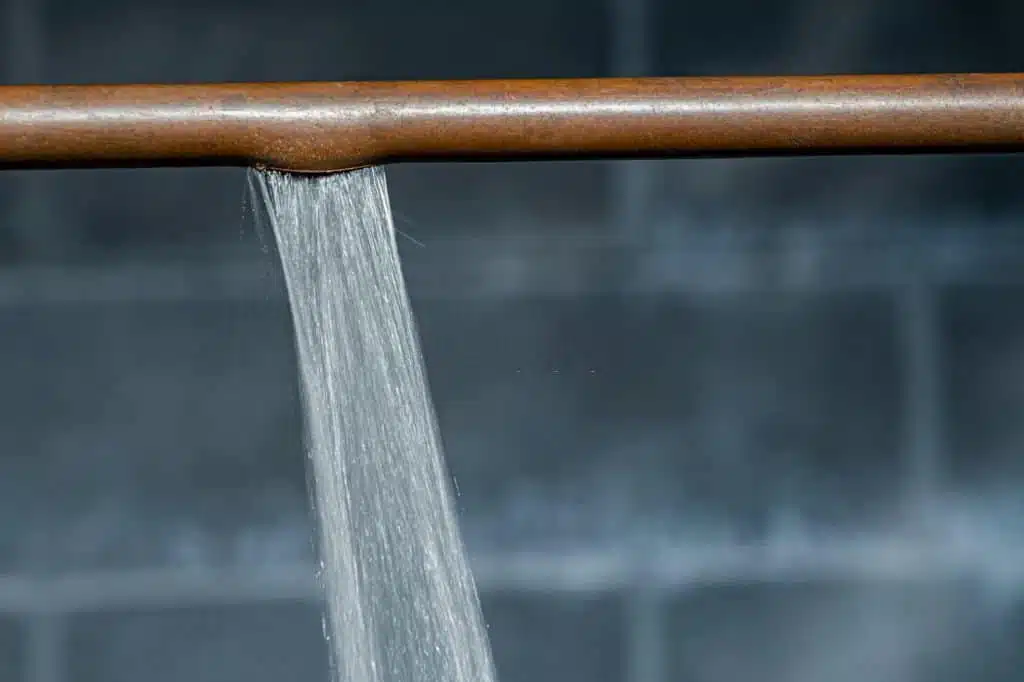Blog

Cold weather can cause a range of problems, especially when it comes to your home’s plumbing system. One of the most common issues is frozen pipes, which can lead to a flood in your home if not properly addressed. In this article, we’ll discuss what causes pipes to freeze and how to prevent this from happening.
Pipes freeze when the temperature inside the pipe drops below freezing, causing the water inside to turn into ice. This ice can build up and increase the pressure inside the pipe, causing it to expand and ultimately crack or break. When the weather warms up and the ice thaws, the water is released, leading to a flood in your home.
There are several factors that can contribute to frozen pipes, including poor insulation, a lack of heat in your home, and exposure to extremely cold temperatures. In order to prevent your pipes from freezing, it’s important to take steps to keep your home warm and protect your pipes from the cold.
One of the simplest ways to prevent frozen pipes is to keep your home at a constant temperature, even when you’re not there. This can be done by setting the thermostat to a minimum of 55 degrees Fahrenheit, or by using a space heater in rooms where pipes are located. If you’re going to be away from your home for an extended period of time, it’s also a good idea to have a friend or neighbor check on your home regularly to make sure the heat is still on.
Another way to prevent frozen pipes is to insulate them. This can be done by using foam insulation around pipes that are located in unheated areas, such as attics and basements. If you have pipes that are located outside, you can also wrap them in insulated sleeves to protect them from the cold.
If you suspect that your pipes have already frozen, it’s important to take action immediately. Try turning on the faucet and running warm water over the pipes to help thaw them. You can also use a hair dryer or heat lamp to warm the pipes, but be careful not to get too close, as this can cause the pipes to overheat and break.
If your pipes have already broken, it’s important to shut off the water supply to your home immediately to prevent further damage. Call a plumber to repair the pipes and assess the damage, and start cleaning up any water that has leaked out.
In conclusion, frozen pipes can be a serious problem during cold weather, but with proper preparation and precautions, you can prevent them from happening. By keeping your home warm, insulating your pipes, and taking action if you suspect that your pipes have frozen, you can help protect your home from a costly flood.

